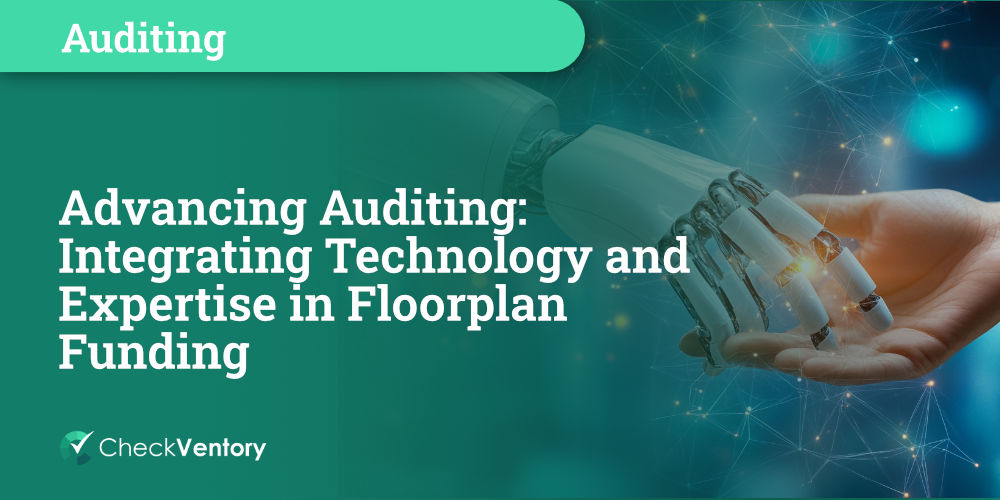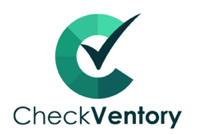
Advancing Auditing: Integrating Technology and Expertise in Floorplan Funding
The landscape of finance and inventory management is rapidly evolving, with digital auditing at the forefront of this change. Technologies such as artificial intelligence (AI), machine learning, and API integration are enhancing traditional auditing processes, particularly in sectors like floorplan funding. While these technological advancements offer numerous benefits, their true value lies in enabling human auditors to focus on more strategic, value-added tasks.
Technological Advancements in Modern Auditing
Digital auditing tools are fundamentally changing audit methodologies. By automating routine tasks such as data entry, verification, and analysis, these technologies streamline workflows and reduce the workload on human auditors. AI and machine learning algorithms can swiftly analyse large datasets, identify patterns and anomalies, and even predict potential issues with a level of speed and accuracy that surpasses human capabilities.
API integration further enhances these capabilities by allowing seamless communication between different software systems. This enables easy sharing and access of data across platforms, reducing time spent on manual data collection and reconciliation. CheckVentory Audit, for instance, leverages these technologies to provide real-time insights into inventory levels and financial exposure for floorplan funders.
Shifting Focus to Value-Added Activities
As automation handles the bulk of routine tasks, human auditors can redirect their focus to more value-added activities that require critical thinking, professional judgment, and strategic insight. This shift redefines the role of auditors in a technology-driven financial landscape.
- Strategic Analysis and Insight: With routine auditing tasks automated, auditors can dedicate more time to analysing data and providing strategic insights. They can identify trends, interpret complex datasets, and offer recommendations that help financial institutions make informed decisions about floorplan funding arrangements.
- Risk Management and Mitigation: Human auditors are essential in assessing risk and developing strategies to mitigate it. While technology can flag potential issues, it takes human expertise to evaluate the context and potential impact of those risks in the floorplan funding sector. Auditors can then work with management to develop robust risk management plans that address these concerns proactively.
- Enhancing Compliance and Governance: Technology can assist in ensuring compliance with regulatory standards by automating checks and maintaining detailed records. However, human auditors play a vital role in interpreting these regulations and ensuring that financial institutions not only meet minimum standards but also align with best practices in governance and ethics within the floorplan funding industry.
- Building Relationships and Trust: Auditors are not merely number-crunchers; they are key players in building relationships and trust within and outside the organisation. By focusing on value-added tasks, auditors can engage more with clients and stakeholders, understanding their needs and concerns and providing assurance that the floorplan funding practices are sound and well-managed.
The Synergy Between Technology and Human Expertise
The integration of technology and human expertise is about leveraging the strengths of both to enhance the auditing process in floorplan funding. Technology excels at handling repetitive, data-heavy tasks, freeing up human auditors to apply their critical thinking and professional judgement where it is most needed.
This synergy allows for a more comprehensive and nuanced approach to auditing in the financial sector. Digital tools like CheckVentory Audit can quickly identify discrepancies and generate reports, but human auditors can delve deeper into the data, providing context, understanding the bigger picture, and making strategic recommendations. This combination of speed, accuracy, and insight is invaluable in today’s complex floorplan funding environment.
Preparing for the Future of Auditing in Finance
As the auditing profession continues to evolve, it is essential for financial institutions to embrace this technological shift while investing in the development of their human capital. This means not only adopting the latest digital auditing tools but also providing ongoing training and development opportunities for auditors to enhance their skills in data analysis, risk management, and strategic thinking within the context of floorplan funding.
By fostering a culture that values technological innovation and human expertise, financial institutions can create a dynamic auditing environment well-equipped to handle the challenges of the future. Auditors can become strategic advisors who contribute to the overall success of the business rather than just gatekeepers of financial data.
Conclusion
The future of auditing in floorplan funding lies in the seamless integration of technology and human expertise. By automating routine tasks, digital auditing tools enable auditors to focus on more value-added activities that require critical thinking, professional judgment, and strategic insight. This shift not only enhances the efficiency and accuracy of audits but also allows auditors to play a more significant role in driving success in the floorplan funding sector.
Ultimately, the goal is to empower human auditors to do what they do best: think critically, make informed decisions, and add value. As we continue to embrace digital auditing and other technological advancements, the auditing profession in finance will undoubtedly become more dynamic, strategic, and impactful than ever before.
